Good Mood Seafood
Why are fish and seafood brain healthy foods?
- Highly digestible, complete protein – protects from degenerative diseases
- Omega-3 fatty acids – boost the performance of brain neurons, stronger cognitive performance while also helping ease anxiety
- B vitamins – key for overall brain functioning and preventing depression. They help the brain produce and synthesize the neurotransmitters that regulate mood and boost memory. B12 and niacin help with mental energy and memory. Choline strengthens mental focus.
- Fat-soluble vitamin A helps regulate the brain’s plasticity (ability to form new neural pathways) and promotes the ability to learn new mental skills
- Fat-soluble vitamins D helps avert cognitive decline as we get older
- Essential minerals iron, zinc, copper, calcium, sodium, phosphorus and selenium.
- Iron helps make the covering that protects neurons and helps control the synthesis of chemicals involved in mood. Depression has been linked to low iron levels
- Selenium is required for the activity of 25 – 30 enzymes that protect the brain from oxidative damage
- Zinc is important to the functioning of memory
Which Fish? These are especially nutrient-dense
- Anchovies – Vitamin B12 and calcium
- Halibut – Packed with vitamin D and Vitamin A
- Salmon – Good source of niacin and choline
- Sardines – Loaded with vitamin B12 and niacin
- Scallops – Loaded zinc and magnesium
- Shrimp – Loaded with B12, choline and B6
- Tuna – Great source of 5 different B vitamins and vitamin D
Shellfish Refresh
These are avariety of small, mineral-rich fish from two families that have had an important role in the diets of coastal humans throughout history
- Mollusks –include clams, oysters, mussels, and scallops
- Crustaceans – crabs, lobsters, and shrimp
But What about Pollutants and Sustainability?
Generally, you can avoid mercury and microplastics by eating smaller fish (like anchovies or sardines), or shellfish like clams and mussels. Check out Monterey Bay Aquarium’s Watch for sustainably caught seafood.
Even with eating farmed fish, the health benefits far outweigh the risks. Especially because of the importance of Omega-3 fats for overall health.
Canned fish is generally the most affordable. Look for wild-caught varieties (anchovies, salmon, sardines) in BPA-free cans.
Learn more about choosing seafood at What’s the Catch, one of my earlier blogposts.
What to Do?
- Experiment to expand your palate. Be adventurous. Try the seafood special at your favorite restaurant
- Visit your local farmer’s market. Ask for recommendations
- Try different fish. Prepare different ways.
Here are some of my favorites:
Sheet Pan Shrimp Fajitas – Number 2 Pencil
You can also use fish (i usually use cod, snapper)
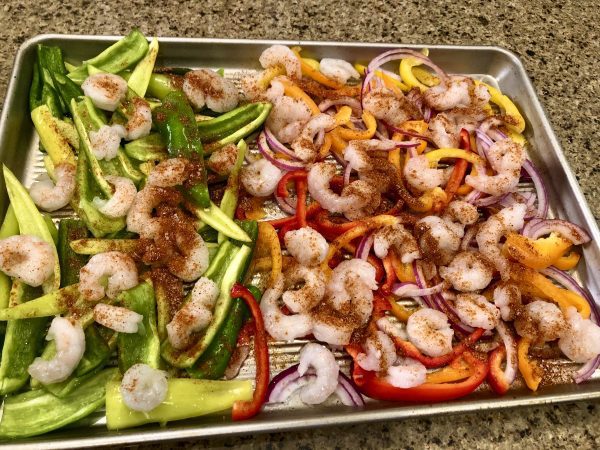
Salmon Patty – Well Plated
Cajun Shrimp Sweet Potato Hash – Babaganosh
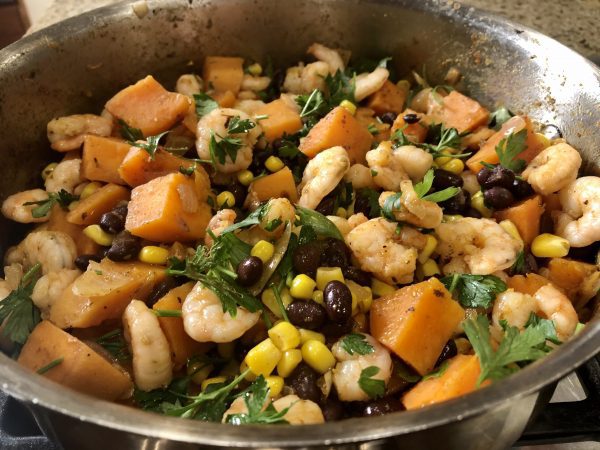
Paella inspired – Epicurious
Sardine with Shredded Potato Cake – Epicurious
Rice cake with mashed avocado and sardines is an excellent quick lunch or afternoon snack
Next Step
- Share your favorite fish recipe! 😊 Or the new one you will try

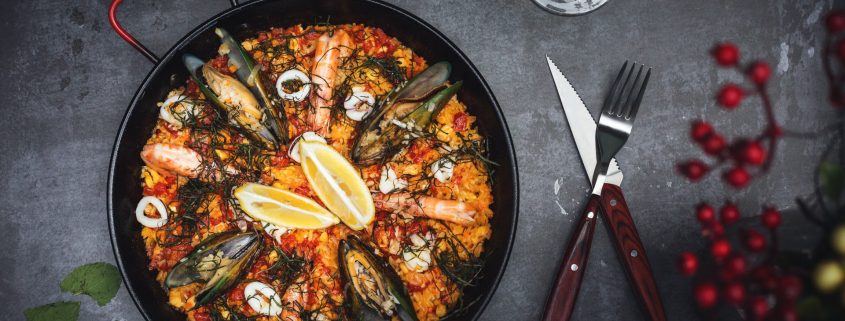

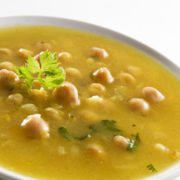
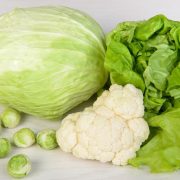

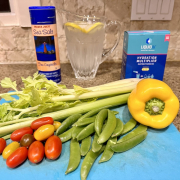
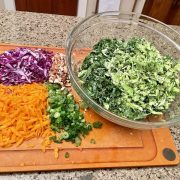
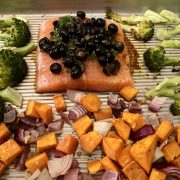
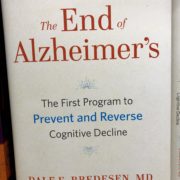


Leave a Reply
Want to join the discussion?Feel free to contribute!